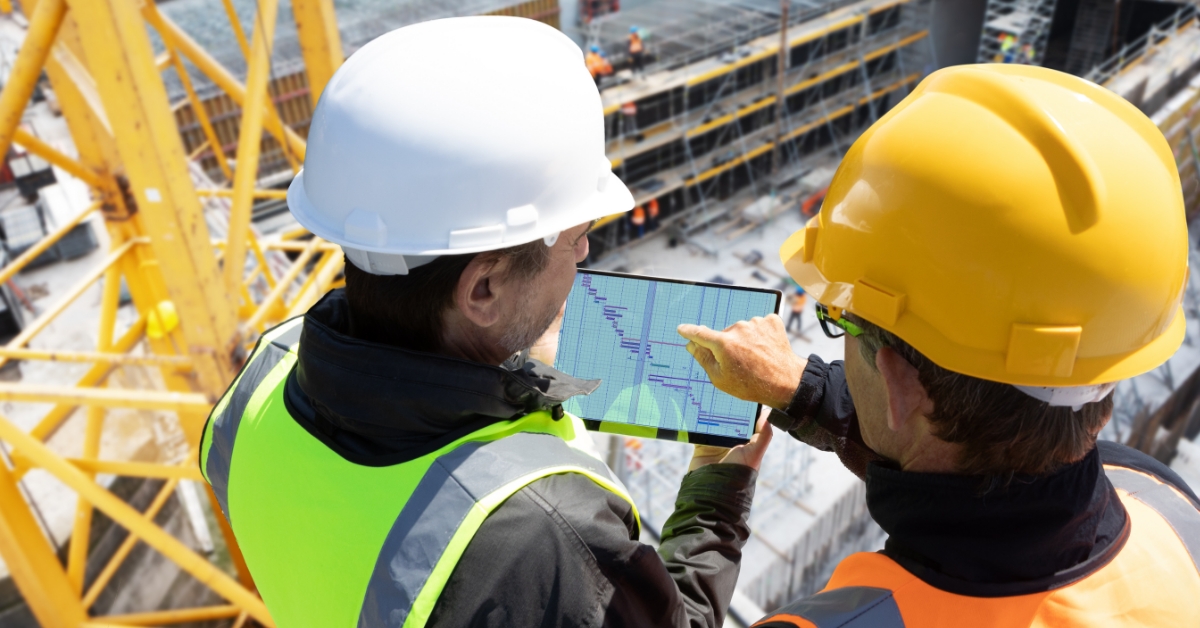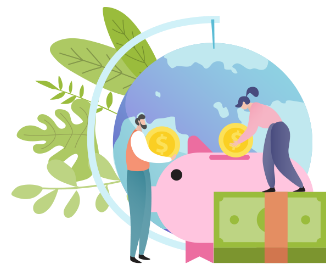Our sustainability strategy
Aware of its role as an enabler, Open Fiber aims not only to reduce the potentially negative impacts of its activities on people, the economy and the environment, but to create a business that can make a solid contribution to sustainable development.
To this end, Open Fiber has identified the pillars on which to build its medium- and long-term commitment. Each concrete and ambitious pillar is aimed at creating value and fully integrating sustainability into business conduct:
Implement the long-term decarbonization strategy, aiming to gradually reduce direct and indirect emissions.

Guarantee people’s well-being and safety, enhance human capital and ensure the personal and professional development of company resources.


Enhance programmes dedicated to capitalising on people’s uniqueness and differences, ensuring equal opportunities and strengthening an inclusive culture.



Strengthen oversight in the management of relevant ESG issues, adopting policies and practices that reflect the company’s mission, vision and values with the aim of creating shared value for its stakeholders.

Maintain an active dialogue with stakeholders, responsibly communicating achievements and commitments and conveying the corporate brand identity in an effective, clear and transparent manner.

Develop a sustainable value chain model, increasing the awareness of the actors involved and engaging the entire supply chain in the adoption of the highest sustainability standards.


Support the country on the path to digitisation and overcoming the digital divide, strengthening stakeholder engagement programmes and responding to the social needs of the communities in which it operates.



Implement a resource management strategy aimed at increasing the sustainability of the infrastructure by developing increasingly circular business models.

Investing in research by establishing partnerships with industry leaders and identifying solutions that guarantee high-performance network infrastructure.


Open Fiber strongly believes in the potential of fiber optics as a tool to reduce inequalities, distribute opportunities more fairly and support the transformation towards sustainable development that protects the environment and people: with this in mind, it actively contributes, including through its own sustainability strategy, to the achievement of the Sustainable Development Goals (SDGs) defined in 2015 by the United Nations (UN) with the 2030 Agenda for Sustainable Development.
Sustainability Plan
In September 2024, Open Fiber defined a Sustainability Plan built around 9 pillars of the strategy, setting out 21 goals and 66 actions to implement it.
Each pillar of the sustainability strategy is aligned with one or more sustainability goals that contribute to generating positive impacts and/or mitigating negative impacts on ESG (Environmental, Social, and Governance) topics.
For each goal, specific actions have been identified, along with assigned owners, KPIs, targets, timeframes, and budget forecasts required for their implementation.











